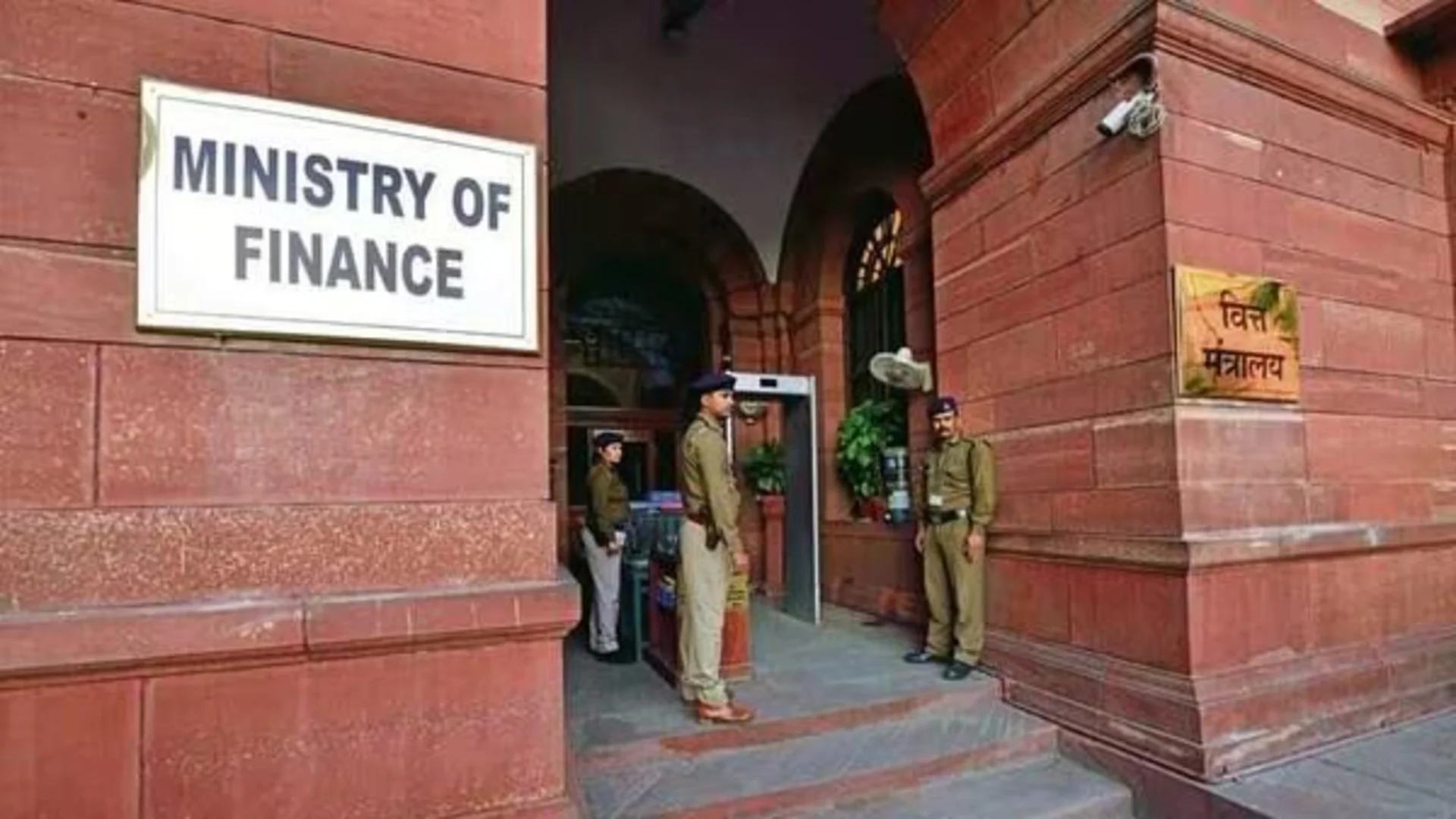
In the fiscal year 2024-25, India’s gross direct tax collections have surged by 20.32% year-on-year, reaching Rs 19.21 lakh crore, up from Rs 15.96 lakh crore in the previous fiscal year.
Net direct tax collections, which account for refunds, have also risen by 16.45% to Rs 15.82 lakh crore, compared to Rs 13.59 lakh crore during the same period last year. Notably, tax refunds have increased by 42.49% to Rs 3.38 lakh crore from Rs 2.37 lakh crore in the prior year.
This substantial growth in direct tax collections continues the positive trend observed in recent years. In the fiscal year 2023-24, net direct tax collections had already significantly increased, reaching Rs 12.01 lakh crore by September 2024, marking a 21.48% year-on-year growth.
The consistent rise in collections indicates a strengthening economy and improved tax compliance.
Understanding Direct Taxes
Direct taxes are levies imposed directly on individuals and organizations, based on their income or wealth. In India, these include:
These taxes are administered by the Central Board of Direct Taxes (CBDT) and are crucial for the government’s revenue generation.
Also read: Delhi Riots 2020 Accused Umar Khalid Granted Bail For Seven Days
The revenue from direct taxes plays a pivotal role in the nation’s economic framework:
The notable increase in direct tax collections for FY 2024-25 suggests:
The upward trajectory in India’s direct tax collections underscores a resilient economy and effective tax administration. This growth not only strengthens the government’s fiscal position but also enables increased public investment, fostering sustainable economic development.















